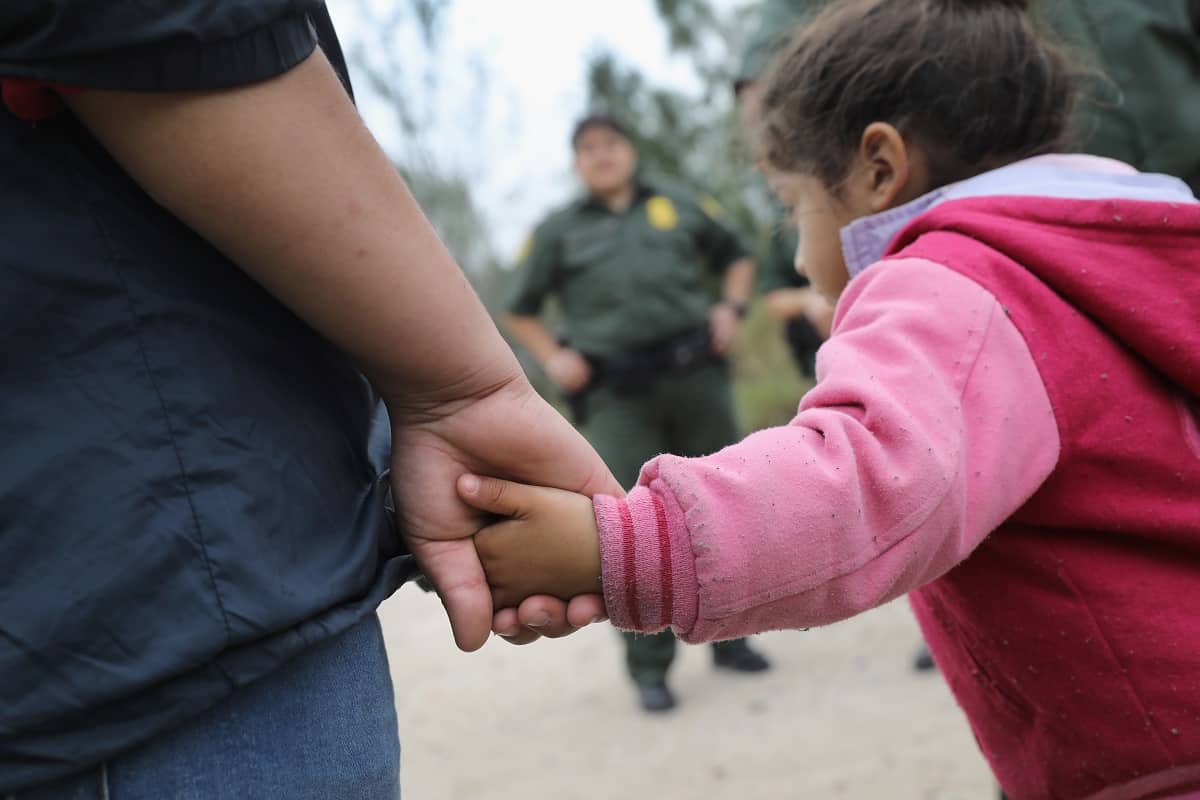Convened by Mexico, the presidents and foreign ministers of a dozen Latin American countries are discussing this Sunday mechanisms that contribute to orderly migration at a time when tens of thousands of people seek to reach the border with the United States.
The summit is being held at the archaeological site of Palenque, in the Mexican state of Chiapas (south), bordering Guatemala and through which the bulk of those who leave their countries escaping poverty or violence passes.
“The basis of everything is that people are taken care of in their places of origin because migration is not by choice, it is out of necessity,” Mexican President Andrés Manuel López Obrador told the press after arriving on Saturday in this town located on the migrant route.
The Foreign Ministry detailed that “the causes of human mobility will be analyzed, such as poverty, inequality, lack of job opportunities” and “coordinated actions” will be “explored” for an orderly transit of people.
On Saturday night, the attendance of the presidents of Colombia, Gustavo Petro; Cuba, Miguel Díaz-Canel; Honduras, Xiomara Castro, and Venezuela, Nicolás Maduro, was announced, in addition to the Prime Minister of Haiti, Ariel Henry.
Belize, Costa Rica, Ecuador, El Salvador, Guatemala and Panama will be represented by officials of different ranks.
Most of the 1.7 million migrants who, according to Mexico, have reached the US border in 2023, come from those countries, considered the “most dangerous land route in the world” by the International Organization for Migration.
Vil and dirty business
In a shelter for Catholic nuns located in Palenque, about twenty migrants pray before eating.
One of them is Jorge Rodríguez, a 33-year-old Venezuelan who left his country two months ago and walked across the dangerous Darién jungle, on the border between Venezuela and Colombia.
“What I can suppose from that meeting is that they are going to decide on the deportation of each one of all those who are on the road,” he said.
Rodríguez, unlike the common apolitical Central Americans, knows the potential consequences and as a “strategy” requested refuge in Mexico to avoid being returned to his country if detained.
He knows that last Wednesday the first flight with Venezuelans deported from the United States arrived in Caracas after an agreement between the Joe Biden government and Maduro, despite not formally recognizing him as president.
“It’s a vile and dirty business using us as the card they have under their sleeve. Money for their pocket (government) and what does the Venezuelan get?,” adds Rodríguez, also informed that Washington has eased economic sanctions against Caracas.
Confusion
The migration crisis is one of the obstacles Biden faces towards reelection in 2024, with constant accusations from Republicans and even allies that he has failed in this area.
The Democrat entered the White House in 2021 with the border closed due to the pandemic. After being reopened, he has launched various mechanisms aimed at Venezuelans, Haitians, Cubans and Nicaraguans.
On Friday, Biden asked Congress for $13.6 billion to strengthen the border with Mexico, manage irregular migration and fight fentanyl, within a package of more than $105 billion to help Ukraine and Israel and counter China.
“There is a lot of confusion, sometimes the information is wrong and that causes more migration flow,” Evelina Ramírez, a psychologist at the shelter and witness to how the flow spikes with each new US announcement says.
Upon arriving in southern Mexico, she adds, migrants discover that they have to be on the northern border to get those benefits and set out clandestinely without waiting for permission from Mexico, easy prey for organized crime and the authorities themselves.
“We see how the migration situation worsens every day,” stresses Ramírez, claiming they usually sheltered around a hundred people but now barely twenty.
She attributes it to the arrival of “drug cartels” in Chiapas, a state once outside violence but which now, she says, is disputed territory for control of clandestine migration.






